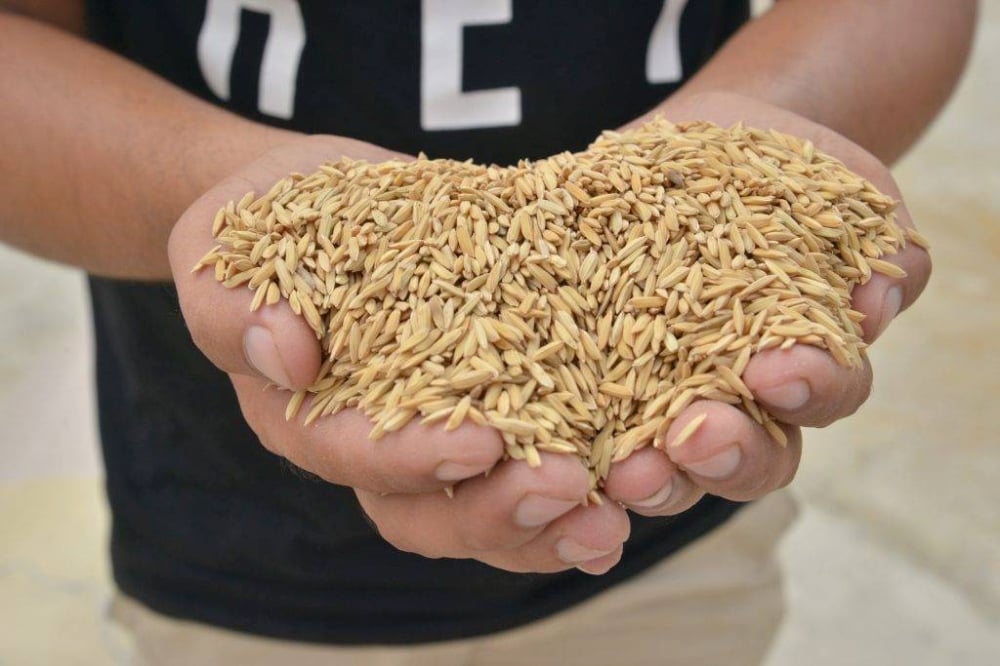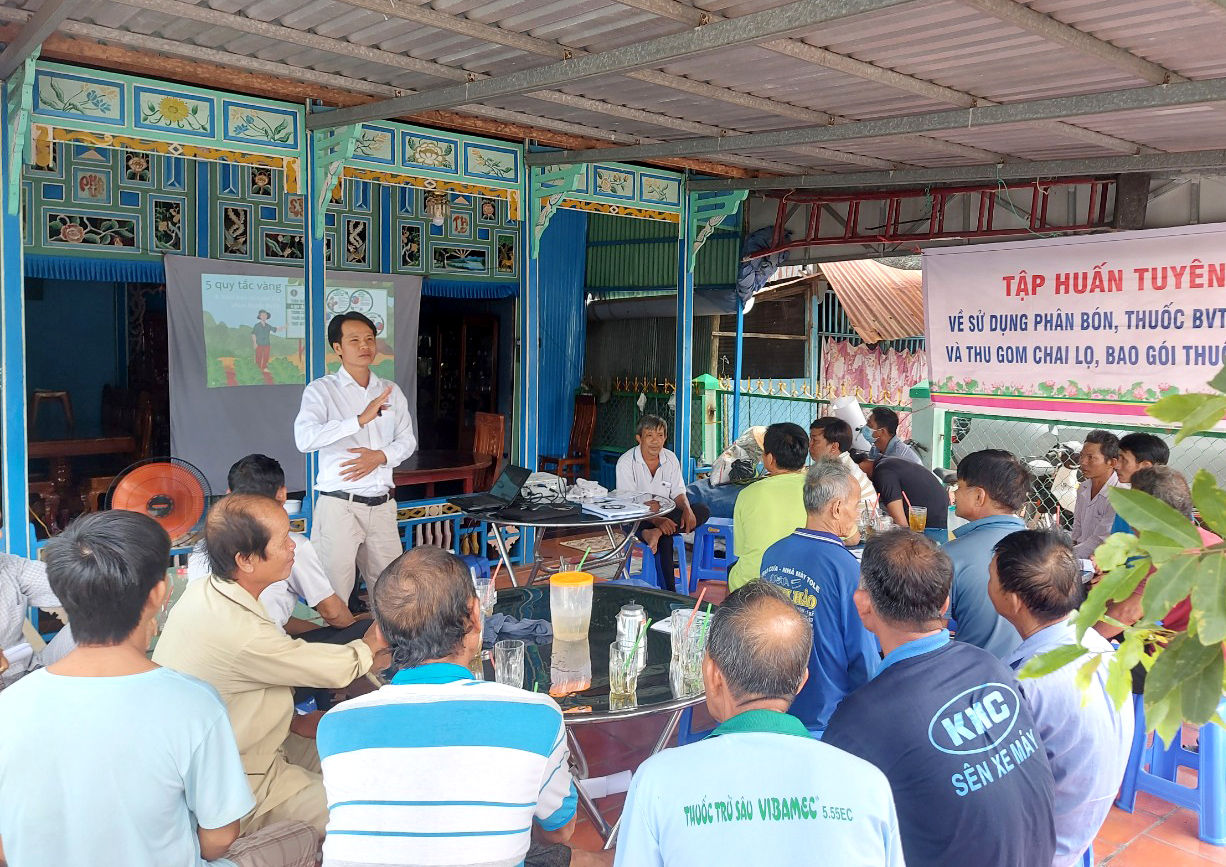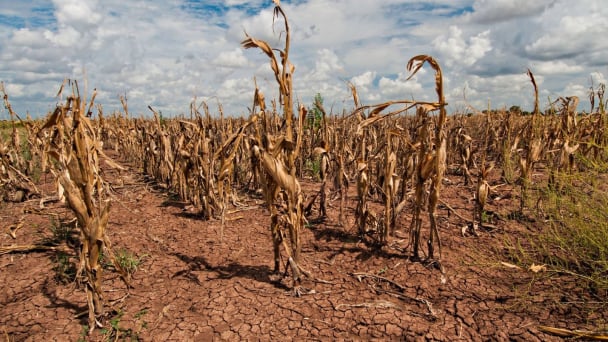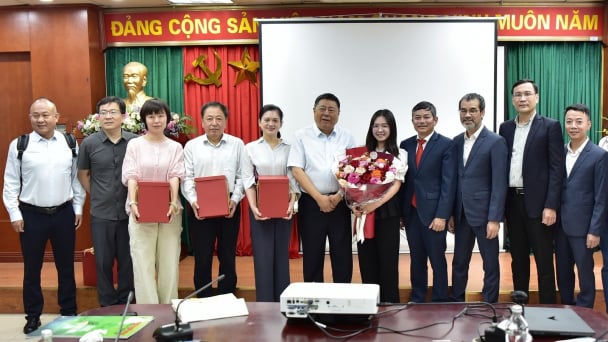May 29, 2025 | 07:12 GMT +7
May 29, 2025 | 07:12 GMT +7
Hotline: 0913.378.918
May 29, 2025 | 07:12 GMT +7
Hotline: 0913.378.918

Asia is the region with the highest proportion of people suffering from hunger.
According to the State of Food Security and Nutrition in the World (SOFI) Report in 2023 of the United Nations, it is estimated between 691 and 783 million people in the world suffer from hunger and Asia is the region with the highest rate, accounting for over a half (55%) of the figures.
In addition, around 2.4 billion people, equivelant to 29.6% of the global population, were moderately or severely food insecure in 2022, of which, the number in Asia was over 1.1 million.
Except in Europe and the US, food insecurity in rural areas is higher than that in urban areas in all regions of the world. In Asia, the rate of food insecurity in rural areas was 26.5% and urban areas were 21.8%. It is projected that almost 600 million people will be chronically undernourished in 2030. This points to the immense challenge of achieving the SDG target to eradicate hunger.
More than 3.1 billion people in the world were unable to afford a healthy diet with reasonable prices, accounting for 42% of the global population. The report also shows that the number of malnourished people in Asia is the highest in the world, with 401.6 million people.
The cost of a healthy diet increased globally by 6.7 percent between 2019 and 2021, with a notable single-year increase of 4.3 percent. Besides, while the average cost per capita to have a healthy diet daily was USD 3.66, Asian people must pay a higher average cost of USD 3.9.
Eating a healthy diet throughout the life cycle is critical for preventing all forms of malnutrition, including child stunting and wasting, micronutrient deficiencies, and overweight or obesity. It also helps reduce the risk of non-communicable diseases (NCDs) such as cardiovascular diseases, diabetes, and certain types of cancer.
Healthy diets are essential for achieving food security goals and improving nutritional outcomes. A healthy diet is composed of a variety of nutritious and safe foods that provide dietary energy and nutrients in the amounts needed for a healthy and active life.
To overcome the aforementioned face, CropLife Asia and its business members have reaffirmed their commitment to promote policies to exploit the potential of plant science and agricultural advance solutions to improve food security and promote the assessment of Asian -Pacific communities to safe and nutrient foods.

Training farmers in the Mekong Delta on responsible use of pesticides.
Dr. Siang Hee Tan, Managing Director of CropLife Asia, said: “Food insecurity will certainly continue to cause great hardship for many people in the Asia-Pacific region and around the world. While it is certain that no single solution can solve this complex problem, CropLife Asia and its members are committed to introducing technologies and innovations that give farmers more tools to achieve greater food availability, using fewer resources and with less negative impacts on the environment. Ensure that everyone has access to affordable and nutritious food supplies whether it is an ambitious goal, more than ever, we need to strengthen the close cooperation between stakeholders in the food value chain to tackle this issue together.”
Plant science applications play an important role in increasing crop yields, especially when farmers are faced with unpredictable weather patterns; manage and conserve natural resources and promote the national economy.
Among those many applications, the solution to enhance biological characteristics for some major crops will be an important improvement because this is an essential food source to help provide necessary micronutrients and nutrients for consumers. As the cost of food increases, and many people may not have access to or afford to purchase nutritional supplements, consuming staple foods from major crops with advanced biological features will help meet the nutritional needs of everyone.
Furthermore, the responsible use of crop protection products (or pesticides) remains important in protecting crops from disease and maintaining agricultural productivity. Without the use of pesticides, 70% of crop yields could have been lost to pests, diseases and weeds.
Farmers are the foundation of the food system. The fact that they can access and effectively use input tools such as improved seeds, pesticides, and biotech crops will be one of the important solutions contributing to the common goal of ensuring food security in Asia-Pacific.
Translated by Linh Linh

(VAN) On May 27, La French Tech Vietnam (the French startup and innovation community in Vietnam) held the French Tech Summit Vietnam 2025.
/2025/05/27/4731-2-223159_980.jpg)
(VAN) No votive paper, no styrofoam, no plastic bags, no plastic bottles, and no single-use plastic trays are the key rules tourists should keep in mind when visiting Con Dao.

(VAN) In the fight against plastic pollution, Vietnam has been demonstrating a proactive, pioneering, and active role in addressing the greatest environmental challenge today.

(VAN) The WOAH guidelines provide a vital tool for risk chain analysis, covering the extraction, transportation, consumption, and handling of confiscated wildlife.

(VAN) World Environment Day 2025 is launched by the United Nations Environment Programme (UNEP) with the theme 'Beat Plastic Pollution'.

(VAN) As climate whiplash reshapes yields, experts say data-driven tools and targeted relief are critical to feed America.

(VAN) The alignment in goals and operational direction between the Vietnam Agriculture and Nature Newspaper and Shaanxi Daily opens up promising prospects for journalism and media cooperation.